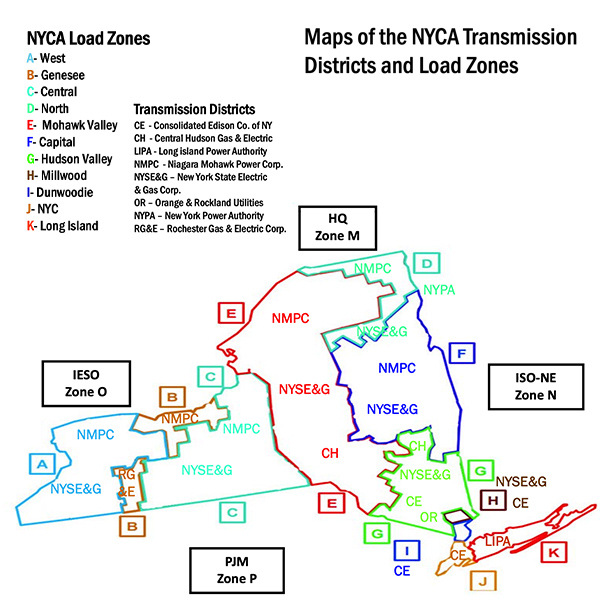
The D.C. Circuit Court of Appeals issued an opinion Tuesday siding with FERC over its finding that ISO-NE adequately complied with Order 1000’s provisions on competitive bidding for transmission projects.
The three-judge panel, led by A. Raymond Randolph, rejected a petition for judicial review from LSP Transmission Holdings (20-1422).
The petition centered around ISO-NE’s compliance with Order 1000’s requirement that RTOs remove “right of first refusal” provisions for transmission planning and move to a competitive selection process.
In 2013, while approving ISO-NE’s tariff revisions, FERC agreed that the RTO wouldn’t have to use a competitive process if it was dealing with “reliability-related” transmission projects, which are classified as those needed in three years or less to fix reliability violations on the system.
FERC later expressed concerns about the high number of projects with estimated “need-by dates” occurring within that three-year window but before the projects were in line to become operational.
In the docket where FERC asked ISO-NE to demonstrate compliance, LSP asked the commission to eliminate or limit the competition exception for reliability projects. But the commission ultimately found “insufficient evidence” that ISO-NE was noncompliant with Order 1000; the court declined to review that finding.
The judges wrote that because FERC had previously found that using need-by dates is preferable to in-service dates, it can again use that reasoning to dismiss LSP’s petition.
“We see nothing irrational in the commission’s response to LSP’s general criticism of ISO New England’s use of more conservative assumptions regarding its system capacity and future management,” they said.
And ultimately, the court found, it’s up to FERC to decide.
“The appropriate balance struck — between competitive procurement and quick redress of reliability needs — is the sort of policy judgment left to the commission,” the judges wrote.


